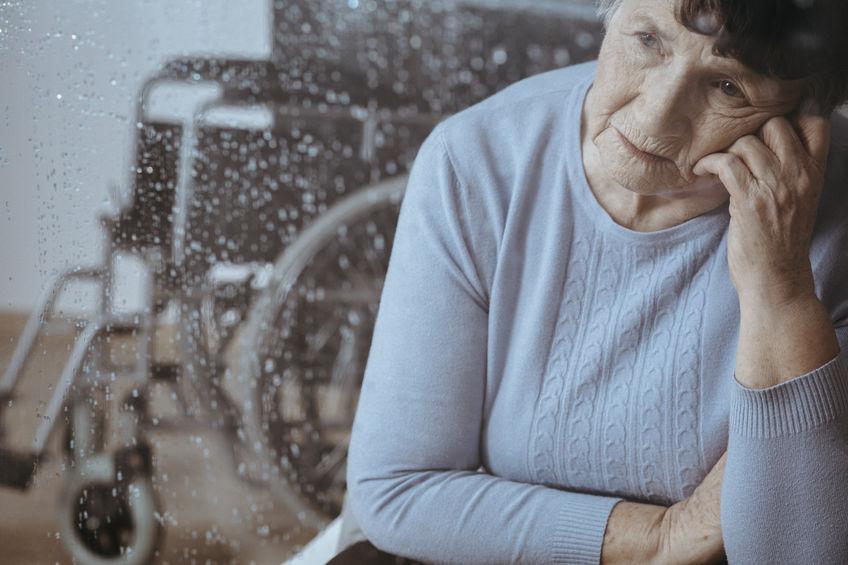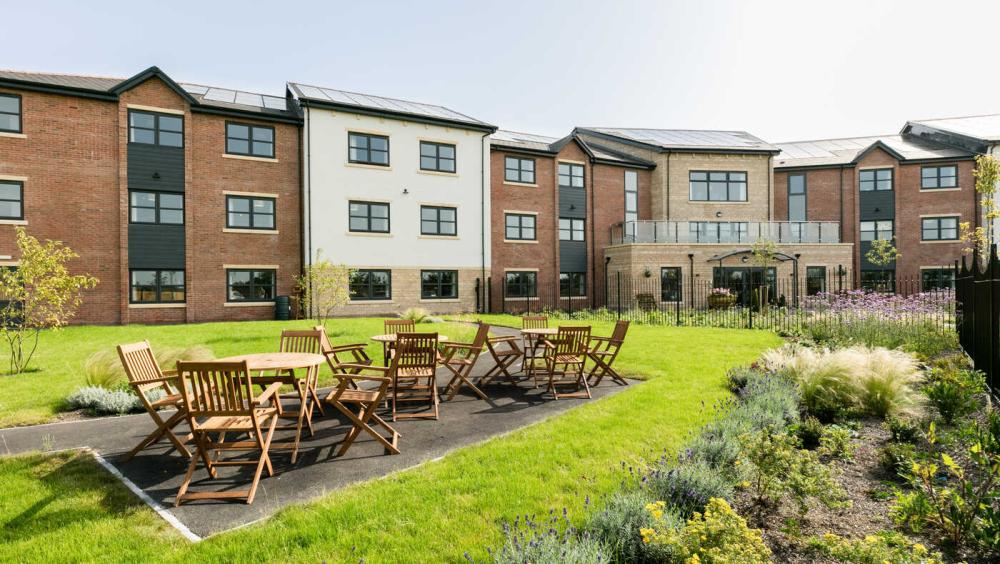A specialist mobility company is marking Mental Health Awareness Week by issuing crucial advice.
Oak Tree Mobility, which supplies products including chairs, beds and bath lifts, has listed tips for identifying poor mental health in the elderly- and on how older people on how to maintain their mental health.
Figures from Age UK and NHS England suggest that half of adults aged 55-plus (7.7m) have experienced depression, and 7.3m have experienced anxiety.
Age UK has previously warned that older people are hidden victims of poor mental health, with a disproportionately low percentage of this demographic receiving referrals to professional therapies.
Verity Kick, Marketing Director at Oak Tree Mobility, said: “Our older population are often called the Silent Generation, but it’s important for them to remember that asking for help or admitting they might be lonely is not a sign of weakness, but rather a sign of strength and self-care.
“By making their mental health as much of a priority as their physical health, it is possible for elderly adults to improve their quality of life and enjoy their golden years to the fullest.
"A change of pace doesn’t have to mean an entire loss of lifestyle, rather just a soft adjustment to what’s possible within the changing parameters.”
There are many potential reasons why older adults in the UK may experience mental health problems. Some of the most common factors include:
- Physical health problems. Chronic physical health problems or disabilities can lead to mental health problems, as they can cause pain, discomfort, and a sense of loss of control.
- Social isolation. Older adults may experience social isolation due to the loss of loved ones, reduced mobility, or other factors. This can lead to feelings of loneliness and depression.
- Loss and grief. The loss of loved ones and other life changes, such as retirement or moving to a new location, can be difficult for older adults and can lead to grief and depression.
- Stress. Older adults may experience stress due to financial concerns, caregiving responsibilities, or other challenges.
- Dementia. This is a common mental health problem among older adults, and it can cause a range of cognitive and behavioural symptoms.
There are steps that older people can take to promote their mental well-being, however. They include:
- Stay connected with loved ones. Social connections are important for mental health at any age. Elderly people should make an effort to stay in touch with friends and family, whether through in-person visits, phone calls, or video chats.
- Engage in activities that bring joy. It's important to find activities that bring happiness and purpose, whether that's gardening, reading, volunteering, or spending time with pets.
- Seek professional help if needed. It's okay to seek help from a mental health professional if feelings of sadness, loneliness, or other mental health concerns persist. A therapist or counsellor can provide support and coping strategies to help manage difficult emotions.
- Take care of physical health. Physical health and mental health are closely linked. Elderly individuals should make sure to get regular exercise, eat a healthy diet, and get enough sleep to promote overall well-being.
- Get outside. Spending time outdoors, even in the winter months, can help improve mood and reduce feelings of loneliness and isolation.









Your Comments
Be the first to comment on this article
Login or Register to post a comment on this article